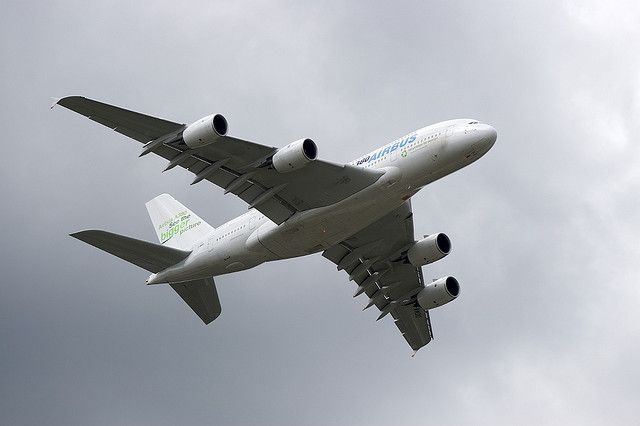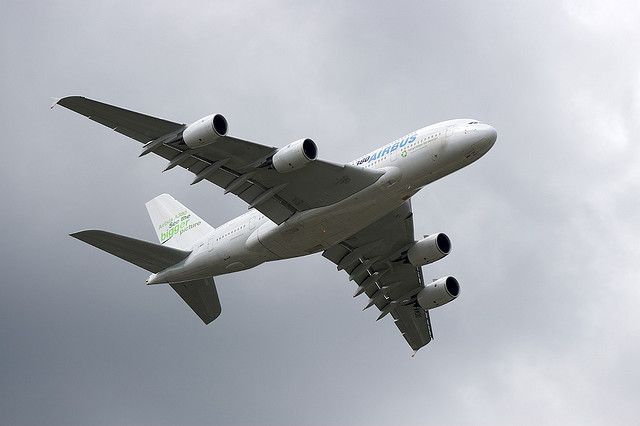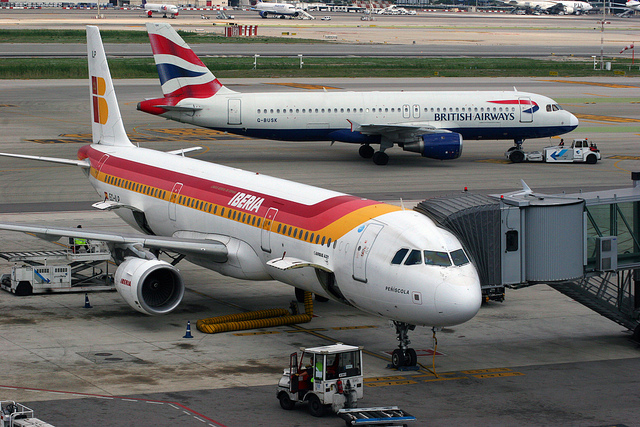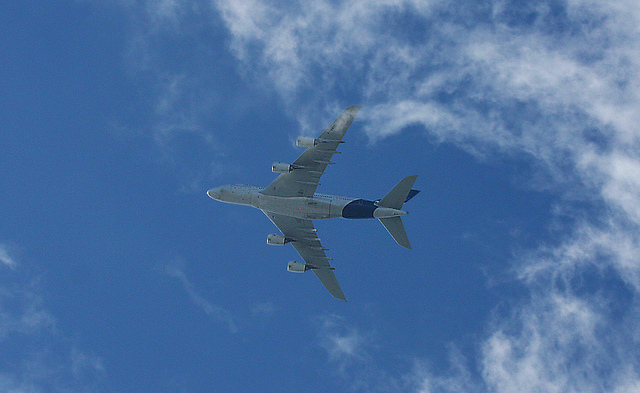Airlines plead for change to ETS ruling
Seven of Europe’s largest aviation companies have written to governments this week in protest of the inclusion of airlines in the EU's Emissions Trading Scheme (ETS).


Seven of Europe’s largest aviation companies have written to governments this week in protest of the inclusion of airlines in the EU's Emissions Trading Scheme (ETS).
Signatories including Airbus, British Airways and Virgin Atlantic are concerned about the possible retaliation by countries who have agreed not to comply with the ETS, such as China and the US, arguing that the move could not only cost the industry millions but threatens the jobs of hundreds of employees. According to the BBC, leaders including Britain's David Cameron, Germany's Angela Merkel and France's Francois Fillon have all received letters. 
The ETS, effective as of January 1st this year, levies a charge on flights to and from the 27 EU member states based on the estimated emitted levels of carbon.
“The measure is threatening more than 1,000 jobs (at Airbus) and another thousand through the supply chain,” said Airbus chief executive, Thomas Enders.
In a draft letter obtained by the BBC, the aviation firms recommend to politicians that they try to find a “compromise solution... which will mitigate third-country concerns whilst protecting the environmental integrity of the EU Emissions Trading Scheme”.
Airlines believe that the inclusion of aviation emissions in the ETS should be put on hold until world leaders agree a legally binding accord aimed at mitigating global emissions.
“Trying to impose a scheme on flights outside of Europe risks retaliatory action against EU airlines and EU trade at a time when the European economy is under severe pressure,” said a BA statement.
 “The amount of resistance to the EU's plans shows that the European Commission needs a Plan B in case there is retaliatory action,” the statement added.
“The amount of resistance to the EU's plans shows that the European Commission needs a Plan B in case there is retaliatory action,” the statement added.
The implementation of the ETS scheme has been met with fierce opposition from not just China and the United States but India. The three nations argue that the EU legislation exceeds its legal jurisdiction as the calculated carbon cost covers the whole flight and not just within European airspace. The US believes that the tax must be dealt with by the international aviation body (the International Civil Aviation Organisation), rather than by individual countries or blocks. In December, the US rejected the European Court ruling that airline emissions taxes are legal.
The opposition campaign, fronted by Airbus, has gained the support of chief executives from British Airways, Virgin Atlantic, Lufthansa, Air France, Air Berlin and Iberia.
Image 01: Peter Pearson | Flickr
Image 02: Curimedia | Flickr
Image 03: Kok Vermeulen





